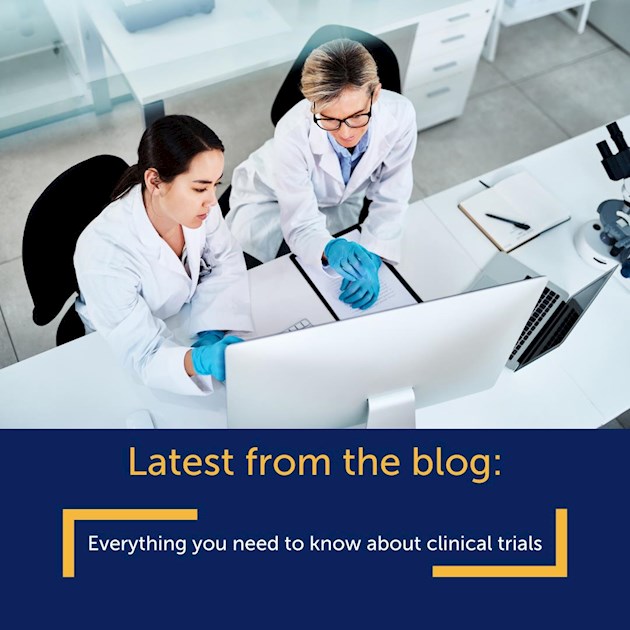Now more than ever, huge importance needs to be placed on the insights gained from clinical trials, and how they can be used to improve overall health outcomes.
-------------------------------------------------------------------------
Pre-COVID, HealthUnlocked ran a patient Q&A with The Center for Information and Study on Clinical Research Participation (CISCRP) to bust some of the myths and answer some of the biggest questions people have about clinical trials. They emphasized the rigorous process that clinical trials have to go through to ensure patient safety and some of the logistical aspects patients should consider during and after a clinical trial.
These are some of the top questions people asked:
Do pharma companies have to report clinical trial results?
In the US, there is a federal requirement that pharma companies post the results of clinical trials (that have been completed) online. However, these results can be written in very scientific/medically advanced terminology and only 30% of trials are currently reported in the mandated time frame. The FDA has the power to penalize them if they do not do so. The reporting needs are different in different countries.
If you join a clinical trial in another country, what are the costs involved in this?
In most cases you will not pay any medical costs to participate in a clinical trial; the sponsor of the clinical trial will typically cover all of the costs associated with the trial, including medications, tests, scans and bloodwork. However you should clarify this all before you enroll in the trial. You should also consider other costs that you may occur such as travel to the trial site and ask whether these are included.
Do pharmaceutical companies continue to provide a drug to a patient after the trial is over?
This varies from trial to trial. Generally access to the study drug ends when the clinical trial ends, however, there can be exceptions to this - study volunteers with serious or life-threatening illnesses who have completed a study may be granted access to continue to receive the medication for free until the FDA approves it or for a fixed time period. This does depending on the study.
How do you balance care with your doctor and the clinical trial doctor?
Clinical trial doctors and your primary care doctor will work very closely to monitor your care. With electronic health records, it makes it very easy to ensure that both doctors have copies of all scans, updates, list of medications, etc.
What is the difference between Phase I, II and III of trials?
In Phase I trials, researchers test a new drug or treatment in a small group of people (20-80) for the first time to evaluate its safety, determine a safe dosage range, and identify side effects.
In Phase II trials, the study drug or treatment is given to a larger group of people (100-300) to see if it is effective and to further evaluate its safety.
In Phase III trials, the study drug or treatment is given to large groups of people (1,000-3,000) to confirm its effectiveness, monitor side effects, compare it to commonly used treatments, and collect information that will allow the drug or treatment to be used safely.
Why are clinical trial protocols so complicated and so difficult to qualify?
Inclusion and exclusion criteria are not used to reject people personally. The criteria are used to identify appropriate participants and keep them safe. The criteria helps ensure that researchers will be able to answer the questions they plan to study.
-------------------------------------------------------------------------
We know that the HealthUnlocked community is one of highly engaged people attuned with their health and condition area, and really hope that you enjoyed learning more about clinical trials.
